Israel launches large scale raids in the West Bank
The IDF says the operation was aimed at preventing terror attacks originating from the West Bank, which is becoming a third battle front alongside Gaza and Israel’s northern border.
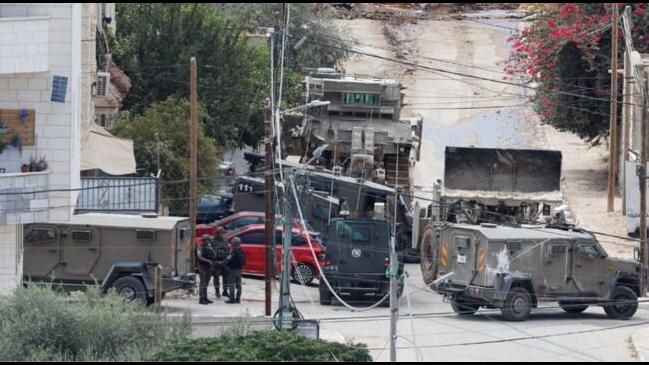
The Israeli military launched a major ground-and-air operation in the West Bank, a move it said was aimed at preventing terrorist attacks originating from the Palestinian territory, which is rapidly developing into a third battle front for Israel alongside Gaza and its northern border.
Forces fanned out across parts of the northern West Bank, according to the Israeli military, which said Wednesday it killed at least nine militants and detained another five suspected militants in the cities of Jenin and Tulkarem and Al-Far’a refugee camp. It was one of Israel’s broadest offensives in the West Bank since the Gaza war began more than 10 months ago.
Palestinian health authorities said 10 people were killed and more than 20 injured in the raids. Local officials said the Israeli military had imposed a daytime curfew in parts of Jenin, preventing people from leaving their homes. Israel’s military said it wasn’t aware of such a restriction. The military has introduced checkpoints around the areas involved in the raids, local residents said.
“We need to operate to remove immediate terror threats in real time,” said Israeli military spokesman Nadav Shoshani, who said some 150 shooting and explosive attacks had originated from the West Bank in the past year.

Meanwhile, Israel’s military campaign reached the Syrian-Lebanese border on Wednesday, as Israel said it killed members of the Iran-backed Palestinian militant group Islamic Jihad whom it said were travelling from Syria to link up with Hezbollah militants in Lebanon.
Since the Hamas-led attack on Israel on October 7, Israel’s military has intensified its campaign of targeted killings. It is focused mostly on Lebanon, where Israel is trying to eliminate Hezbollah fighters conducting attacks against Israel as well as operatives in other Iran-backed militant groups.
The West Bank raids followed an attempted suicide bombing in Tel Aviv that was claimed by Hamas earlier this month and which the military said was devised in the northern West Bank. While the bomb detonated prematurely, according to the latest police assessment, the attempt harked back to waves of suicide bombings that undermined peace efforts in past decades. Israel’s security forces – together with its Palestinian security partners in the West Bank – have largely prevented such bombings in recent years.
The White House said it supported Israel’s right to defend itself but said it “must do so in a way that limits civilian casualties and damage to civilian infrastructure.” U.S. officials said they were seeking more information on the operation from Israel.
Since the war with Hamas in Gaza began, Israel’s military has raised the tempo of raids, arrests and strikes across the West Bank, in an effort to clamp down on militancy and prevent another major arena of fighting from emerging that would spread its forces thin.
But the current unrest, combined with an uptick in Israeli settler violence against Palestinians in the West Bank, threatens to do just that. Israel is also pursuing the war against Hamas in Gaza and fighting against Hezbollah in Lebanon, where on Sunday it directed a pre-emptive strike at the militant group.
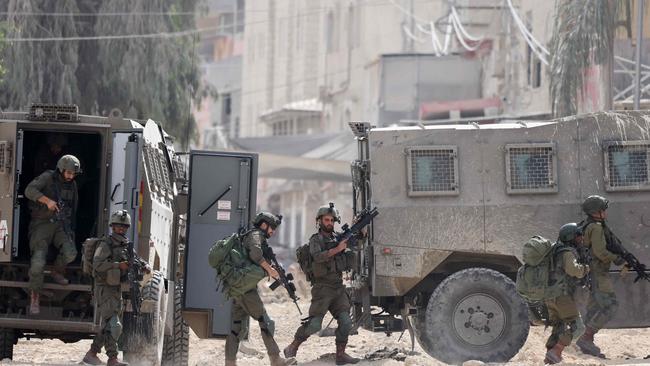
Israel has also boosted its use of air strikes in the West Bank since Oct. 7. Some 136 Palestinians have been killed and 41 injured in Israeli air strikes since October compared with just six between 2020 and October 2023, according to a recent report by the United Nations Office for the Coordination of Humanitarian Affairs, which doesn’t specify how many were combatants.
“It will reach a boiling point,” Ofer Shelah, a military analyst with the Tel Aviv-based Institute for National Security Studies, said of the broader situation in the West Bank. The Israeli military and security establishment, he said, “are very worried about what’s going on there.” Israel has cycled more experienced troops into the West Bank, analysts say, against the backdrop of a war in Gaza that has affected Palestinians in the territory, many of whom have family in the enclave. The Israeli military has also intermittently reinforced the West Bank with additional troops when settler violence has flared, including after the disappearance of an Israeli teenage settler who was later found dead in April. But Israel has faltered in clamping down on growing extremist acts.
Since Oct. 7, the European Union, the U.S. and other countries including Canada, France and Japan have issued sanctions against Israeli settlers and settler organisations responsible for the violence. The U.S. State Department on Wednesday announced fresh penalties against an Israeli non-government organisation and the civilian security co-ordinator of a West Bank settlement.
“The U.S. continues to take action to promote accountability for those who commit and support extremist violence in the West Bank,” State Department spokesman Matthew Miller wrote on X.
Earlier this month, dozens of masked Israelis attacked the West Bank village of Jit, in one of the biggest settler riots since war began between Israel and Hamas in Gaza. Settler groups in Jit torched cars and buildings and threw Molotov cocktails, according to the Israeli military. The settlers shot and killed a 23-year-old Palestinian man, according to the Palestinian Ministry of Health.
Israel didn’t disclose troop levels in its continuing West Bank operation, but said regional brigades as well as combat engineers were taking part. It didn’t provide an estimated end date for the manoeuvres.
Helicopters, drones and a large number of military vehicles were involved in the raids, according to West Bank residents. The Israeli military said it was attacking from the ground and air, dismantling explosives that were planted under roads, and confiscating weapons.
The military had cordoned off Jenin and Tulkarem as well as Al-Far’a refugee camp near Tubas with checkpoints, according to the Palestinian Red Crescent Society, an affiliate of the International Committee of the Red Cross. Israeli military vehicles surrounded the main hospitals in Jenin and Tulkarem and controlled access to them, including checking the identities of those arriving by ambulance, the Red Crescent said. The Israeli military said it was trying to prevent militants from embedding themselves in hospitals and turning them into places of fighting.
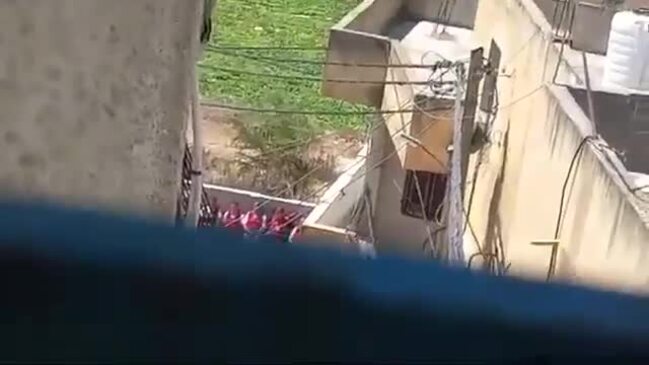
The operation comes after Palestinian health officials said five Palestinians were killed in an Israeli strike on Monday night in Nur Shams, an area east of Tulkarem. One of those killed had been released in a ceasefire deal with Hamas in November, and another was involved in manufacturing explosive charges, according to the Israeli military.
The Palestinian Health Ministry said a total of 660 Palestinians have been killed in the West Bank and East Jerusalem since the war in Gaza started in October, not distinguishing between civilians and combatants. The United Nations says some 600 people have died in violence in the territory, parts of which are under Israeli occupation and parts are administered by the Palestinian Authority.
Israel is also concerned that Iran is working to further destabilise the West Bank and that Tehran was backing efforts to smuggle potent weapons into the territory, the military said, adding that its operation was linked to hampering those efforts.
The Israeli military last week said it killed a Lebanon-based operative working to smuggle weapons into the West Bank on behalf of Iran’s Islamic Revolutionary Guard Corps. In March, the Israeli military and Israel’s Shin Bet internal security service said they foiled an attempt to smuggle advanced weapons originating in Iran into the West Bank, including C-4 and Semtex explosives and antitank missiles. Iran’s mission to the U.N. didn’t immediately respond to a request for comment.
Hamas called on West Bank Palestinians to rise up against Israelis in response to the operation. “We, in the Islamic Resistance Movement (Hamas), call upon the masses of our people, our heroic resistance fighters, and the revolutionary youth in all areas of the occupied West Bank, from north to south, to mobilise massively, escalate all forms of resistance, and confront the occupiers and settlers wherever they are in our occupied land,” a statement from the militant group on Wednesday said.
Israel’s ultranationalist police minister, Itamar Ben-Gvir, inflamed tensions in the West Bank earlier this week, saying he wanted to increase Jewish religious presence on Jerusalem’s Temple Mount, the site holy to both Judaism and Islam, where currently only Muslim worship is permitted. Changes to access at the site, known also as the Al Aqsa compound, have sparked violence in the past, and Ben-Gvir’s comments drew ire from Palestinians and condemnation from the U.S. Prime Minister Benjamin Netanyahu quickly rejected the idea.
The Wall St Journal

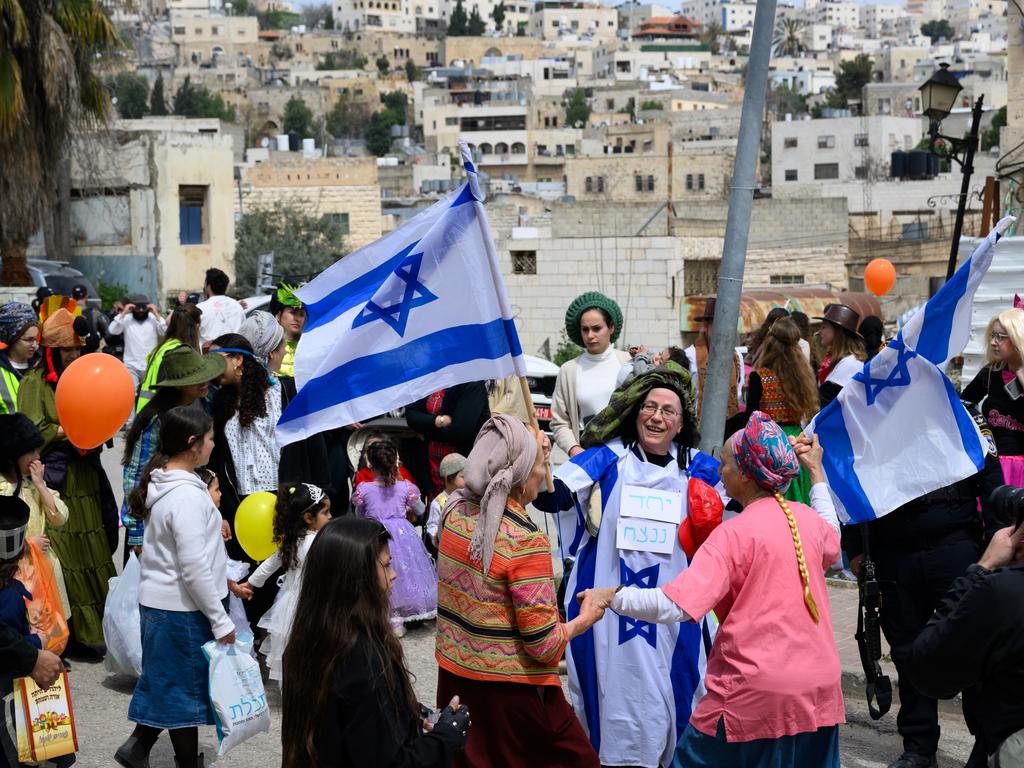
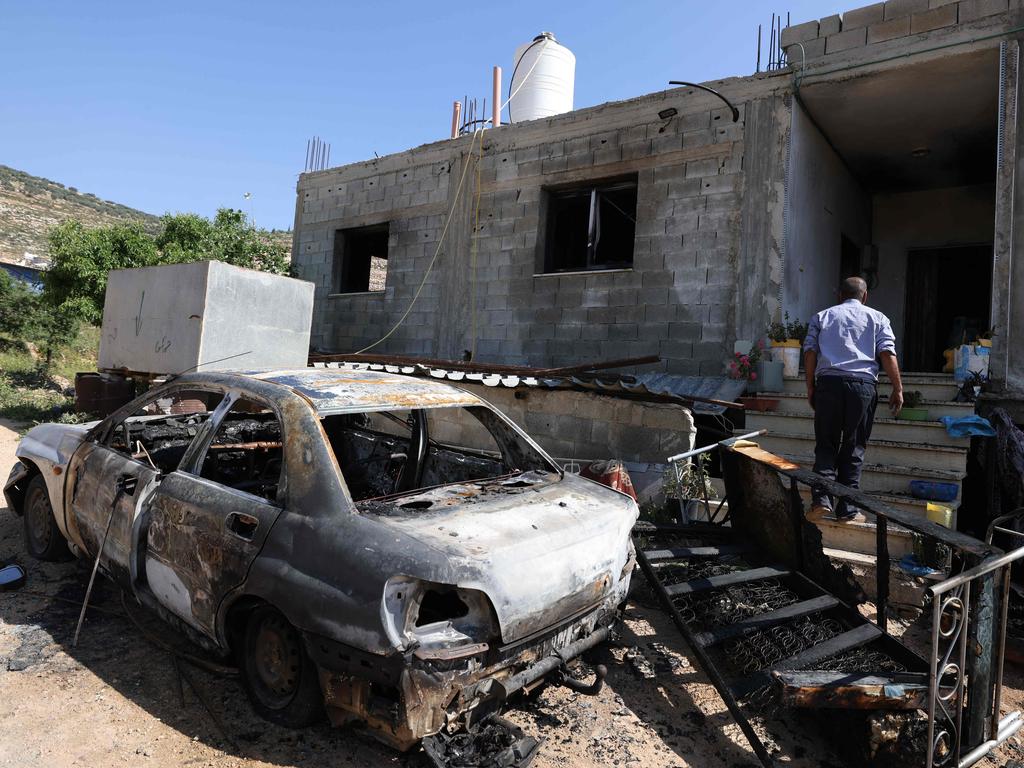
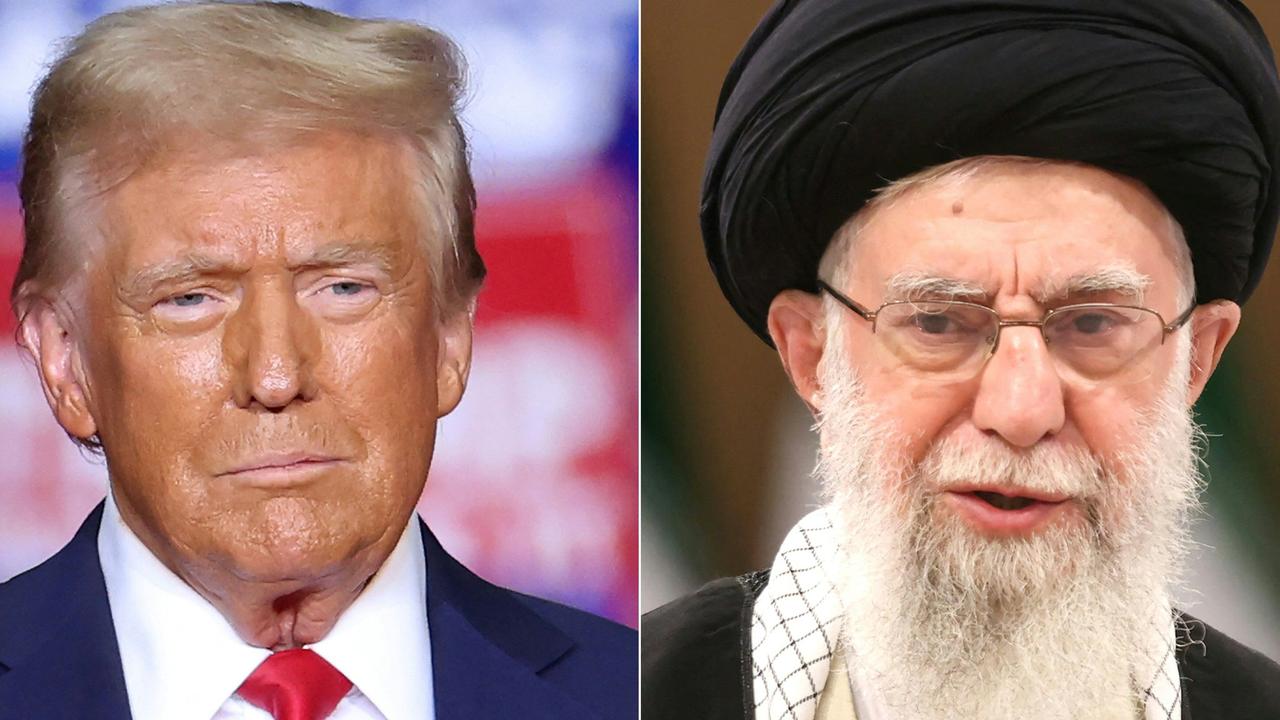

To join the conversation, please log in. Don't have an account? Register
Join the conversation, you are commenting as Logout